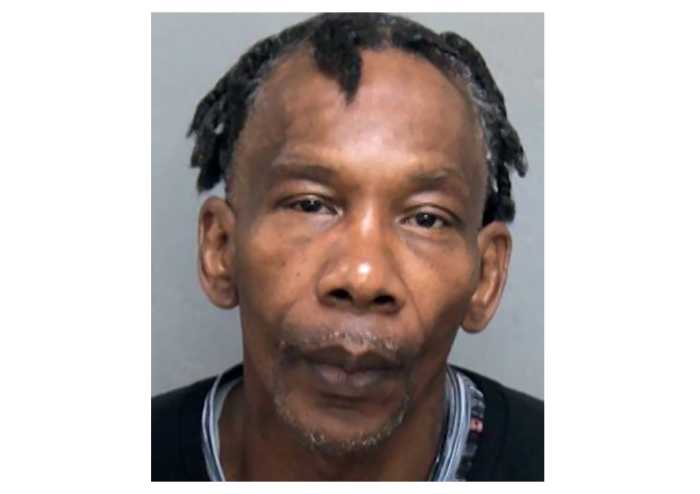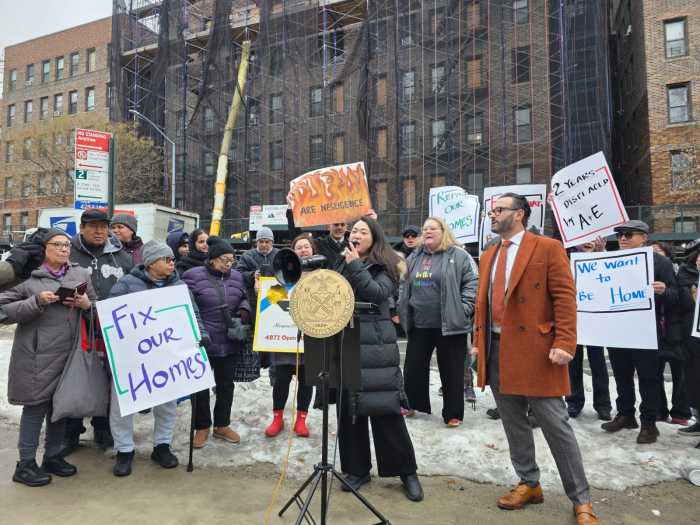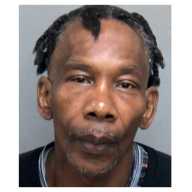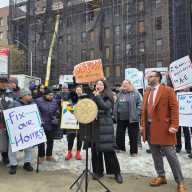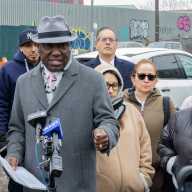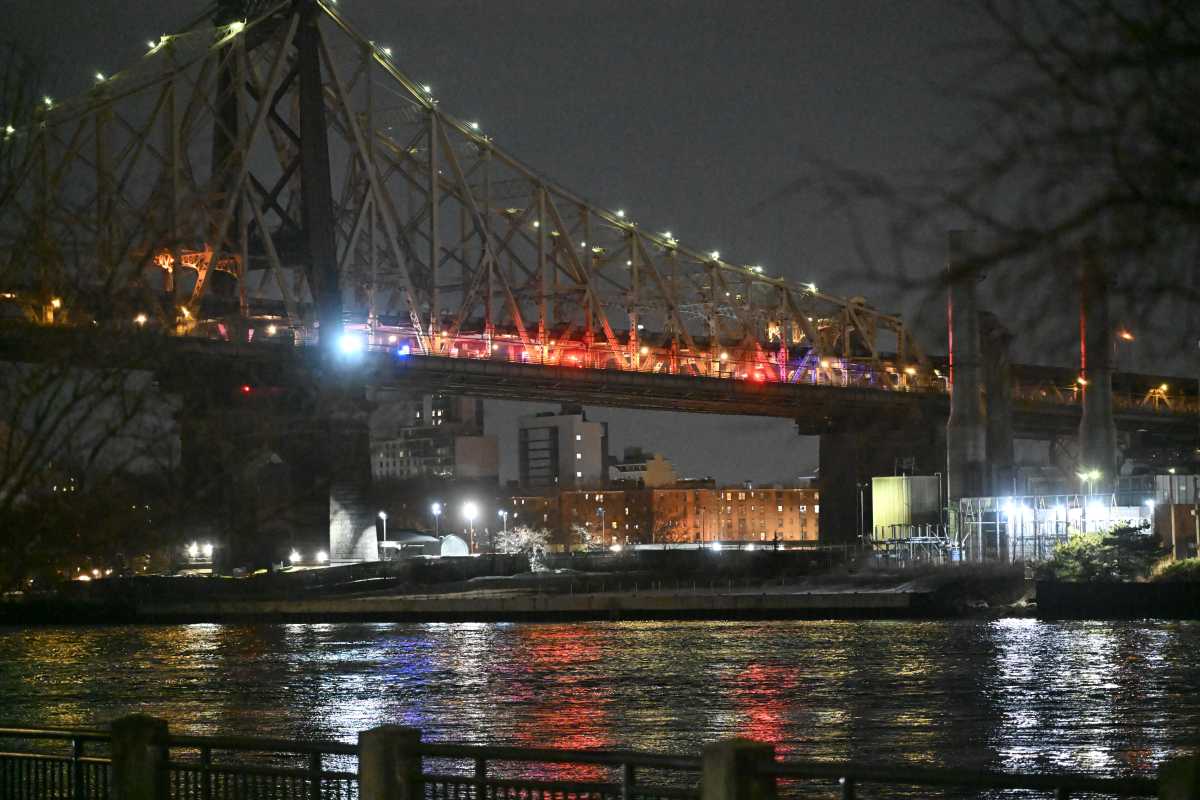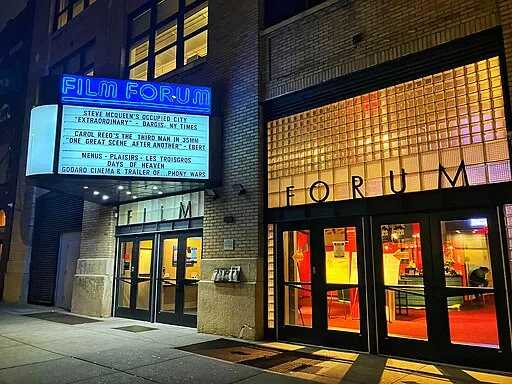by Ayala Ben-Yehuda
Queens homeowners are reeling from the one-two punch of the 18.5 percent property tax increase passed by the City Council late last year and the new assessments of their property values that will hit them with even higher bills next fiscal year.
“This tax hike is really zapping people,” said Barbara Stuchinski, president of the Forest Hills Civic Association, which represents a mixed neighborhood of private homes, co-ops and rental apartments.
The property tax increase, the highest in the city’s history, took effect Jan. 1, so many homeowners who had paid their property taxes through the end of fiscal year 2003 received adjustment notices asking them to pay more.
One of those taxpayers was Frank Skala, president of the East Bayside Homeowners Association, who paid an adjustment of $312.25 on Dec. 30.
“What’s $300?” Skala asked.
“There are people who are marginal now who may lose their house,” he said, referring to the combined impact of higher heating oil prices this winter and steeper real estate taxes on people with a fixed income.
Compounding the expense later this year will be the application of the new tax to higher assessed values on property, which were released Jan. 15.
On average, taxable assessed values in Queens will increase 4.62 percent from the current to the next fiscal year, according to the city Finance Department.
The new tentative assessments will be finalized at the end of May and figured into the property tax bills for the 2004 fiscal year, which begins July 1.
The property value assessments people received this month are not bills, as some may have thought.
“That is the biggest misconception that everyone is making,” said Roberto Roman, a Finance Department spokesman.
Property owners can file challenges with the department “if they feel the assessment is too low or too high or if they feel other factors were not included in their assessment,” Roman said.
These factors may include special tax abatements such as the STAR program, which exempts owners of their primary residences from the school portion of the property tax.
Owners of one-, two- and three-family homes have until March 15 to challenge their assessments, and owners of rental apartments, condominiums and co-ops have until March 1 to do so.
“I think there’s a concern because co-ops get hit with a higher tax than a homeowner,” said Phil Konigsberg, president of the Bay Terrace Community Alliance, a civic association representing households in a neighborhood heavy in co-ops.
“It’s in the state’s hands to realize that there is an inequity,” Konigsberg said.
Roman said the discrepancy was caused by co-ops’ assessment as income-producing property, while single-family home values were determined by sale prices of other homes in a neighborhood, among other factors.
In a meeting with Queens newspaper editors earlier this month, City Council Speaker Gifford Miller (D-Manhattan) defended the property tax as a necessary evil, even as he said the Council was committed to freezing it.
“It’s not going to become — every time we have a problem — a creeping tax,” Miller said.
“New Yorkers are willing to shoulder their share as long as they know that share is equitable.”
Don Black, president of the co-op board at Lakeside Towers in Bayside, said some residents of the high-rises were paying as much as 25 percent more in property taxes than last year — more than their share.
“We’re lucky because we’re a pretty financially secure co-op,” said Black, noting that his board had planned for the increase by raising maintenance fees by 6 percent.
“Nobody’s happy about it, but I guess there is no choice.”
Reach reporter Ayala Ben-Yehuda at timesledger@aol.com or call 1-718-229-0300, Ext. 146.


